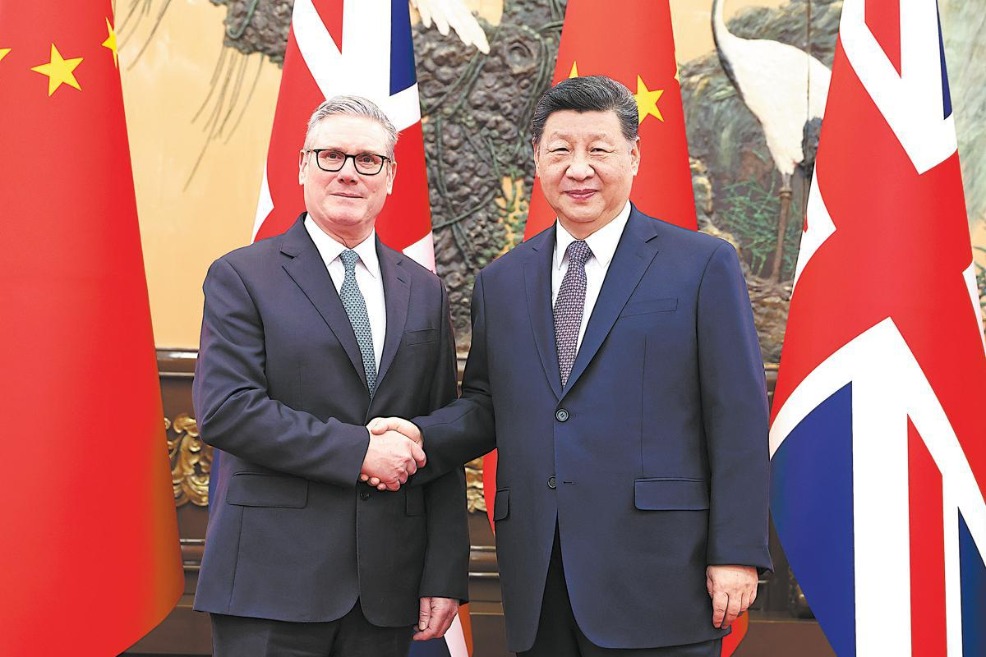US triggering a trade war it can't win

No winners in a trade war
Contrary to Trump's tough talk, there is no winning strategy in a trade war. That doesn't mean US policymakers should shy away from addressing unfair trading practices. The dispute-resolution mechanism of the World Trade Organization was designed with precisely that aim in mind, and it has worked quite effectively to the US' advantage. Since the WTO's inception in 1995, the US has filed 123 of the 537 disputes that have been brought before the body-including 21 lodged against China. While WTO adjudication takes time and effort, more often than not the rulings have favored the US.
As a nation of laws, the US can hardly afford to operate outside the scope of a rules-based global trading system. If anything, that underscores the tragedy of the Trump administration's withdrawal from the Trans-Pacific Partnership agreement, which could have provided a new, powerful framework to address concerns over Chinese trading practices.
Also, the US has every right to insist on fair access for its multinational corporations to operate in foreign markets; over the years, more than 3,000 bilateral investment treaties have been signed around the world to guarantee such equitable treatment. The lack of such a treaty between the US and China is a glaring exception, with the unfortunate effect of limiting of US companies' opportunities to participate in the rapid expansion of China's domestic consumer market. With trade tensions now mounting, hopes of a breakthrough on a US-China investment treaty have been all but dashed.
Trade wars are for losers. Perhaps that is the ultimate irony for a president who promised the US it would start "winning" again. US Senator Reed Smoot and Representative Willis Hawley made the same empty promise in 1930, leading to protectionist tariffs that exacerbated the Great Depression and destabilized the world order. Sadly, one of the most painful lessons of modern history has been all but forgotten.
The author, a faculty member at Yale University and former chairman of Morgan Stanley Asia, is the author of Unbalanced: The Codependency of America and China.
Project Syndicate


































